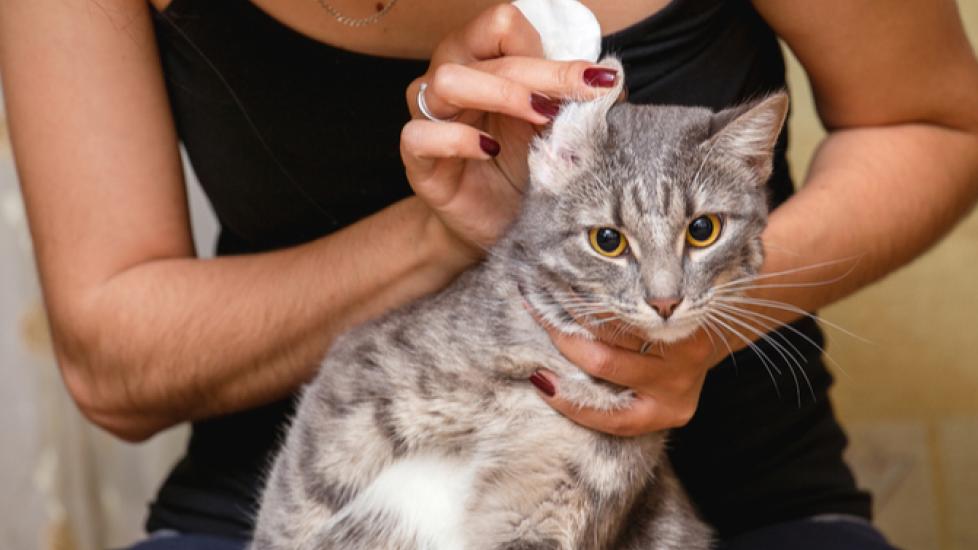 Unveiling the Mystery Behind Your Feline Friend’s Aromatic Misadventures
Unveiling the Mystery Behind Your Feline Friend’s Aromatic Misadventures
Introduction:
In a world where our feline companions are often celebrated for their grace, agility, and independence, there is one aspect that can be less than delightful – bad odors. Whether it’s an unpleasant whiff from your cat’s breath or a lingering scent around her litter box area, these olfactory challenges can be both perplexing and off-putting to pet owners. Understanding the causes behind these malodorous episodes is crucial not only for maintaining a pleasant living environment but also for ensuring your cat’s overall health and well-being. Let’s delve into the common reasons why cats might emit unwanted scents and explore practical solutions to keep those smells at bay.
Body Paragraph 1: Dental Issues
One of the most noticeable yet frequently overlooked sources of bad odor in cats is dental problems. Just like humans, cats need regular oral hygiene to maintain clean teeth and gums. However, many pet parents fail to recognize the importance of brushing their cat’s teeth until they notice telltale signs of poor dental health. Plaque buildup on a cat’s teeth can lead to tartar formation, gum disease, and even tooth decay. These conditions not only affect the mouth itself but can also release foul-smelling bacteria into the air through the cat’s breath. Regular check-ups with the veterinarian and daily brushings (or using enzymatic dental sprays) can help prevent such issues before they become problematic.
Body Paragraph 2: Dietary Influences
The food we feed our pets plays a significant role in their body’s functions, including odor production. While some diets may claim to reduce stool smell, certain ingredients can actually contribute to more pungent waste products. For example, high protein foods rich in sulfur compounds like meat and fish can result in stronger-smelling feces due to the digestive process breaking down these amino acids. On the other hand, diets low in fiber can cause constipation, leading to harder stools that are difficult to eliminate completely and thus retain odors longer. Balancing your cat’s diet with appropriate amounts of protein, fiber, and essential nutrients will go a long way towards minimizing any associated unpleasantness.
Body Paragraph 3: Litter Box Maintenance
A dirty or unsanitary litter box is every cat owner’s worst nightmare when it comes to dealing with offensive smells. Even if you change the litter regularly, factors such as urine pH levels and the type of clay used in clumping formulas can influence how much ammonia builds up over time. To combat this issue, consider investing in multiple boxes spread throughout different areas of your home so that each cat has easy access to its own private bathroom spot. Additionally, opt for low dust litters made from natural materials like wood pellets or corn which tend to absorb moisture faster and neutralize odors better compared to traditional clay varieties.
Conclusion:
By recognizing these potential causes of bad smells coming from our beloved furry friends, we gain control over creating a cleaner and healthier atmosphere within our homes. Through diligent grooming practices, careful dietary choices, and consistent maintenance of litter boxes, we can ensure that our cats remain as charmingly fragrant as ever – leaving us with nothing but purrs and pleasantries!
